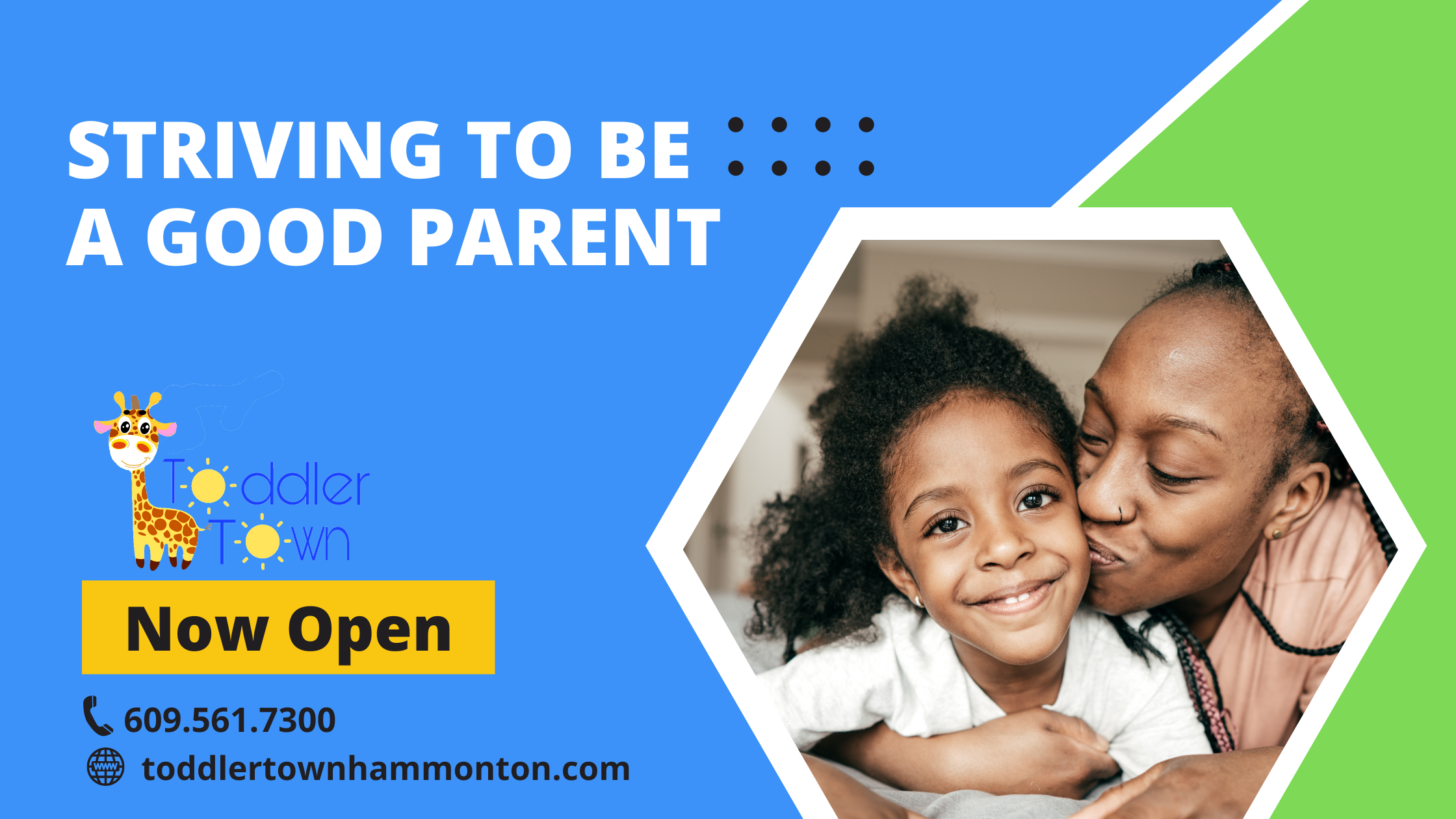Most parents want to be good at parenting, but it can be difficult. After all, there is no one-size-fits-all manual to raising happy and successful children. Instead, parents have to figure out what works best for their family while also trying to meet the needs of their children. This can be challenging, but there are a few things that most good parents have in common and this article will cover them!
What makes a good parent?
First and foremost, good parents are loving and supportive. They create a warm and nurturing home environment where their children feel loved and cared for. They also instill values such as honesty, respect, and responsibility in their children.
In addition to being loving and supportive, good parents also set boundaries for their children. They provide structure and stability in their lives, while still allowing them the freedom to explore and grow. Good parents strike a balance between being too lenient and too strict. Lastly, good parents are always learning. They never stop trying to improve their parenting skills, whether it’s through reading books or taking classes.
The challenges of being a good parent
The challenges of being a good parent are many. But the most common and difficult challenge is probably lack of sleep. Parents are often so exhausted they can barely function. Another big challenge is dealing with tantrums and other frustrating behaviors. It can be hard to stay calm and not take these things personally. Yet another challenge is finding time for yourself and your partner while also taking care of your children. It can feel like you’re always putting your kids first, but it’s important to remember that you need time for yourself, too.
How to be a good parent in spite of the challenges
It can be difficult to be a good parent, especially when life gets tough. Here are a few ways to make sure you’re being the best parent you can be, in spite of the challenges:
- Set high standards for yourself. Your children will look up to you, so it’s important to set a good example. If you want them to be honest, hardworking and kind, make sure you’re exhibiting those qualities yourself.
- Be the role model. Your children will learn from your behavior, so it’s important to lead by example. Show them how to treat others with respect and how to work hard towards goals.
- Be supportive. It’s important to praise your children when they do something well and give them a boost when they feel down. Let them know you believe in their abilities and that you’re always there for them.
The benefits of being a good parent
There are many benefits to being a good parent. One benefit is that it can help children feel secure and loved. Good parents also provide their children with a role model to follow. They teach their children how to be responsible and how to make good decisions. Good parenting can help children develop into happy and successful adults.
In conclusion, being a good parent is not easy, but it is definitely worth it. It takes a lot of time, patience, and effort, but it is so worth it when you see your child happy and healthy. So if you are struggling to be a good parent, just remember that you are not alone and that it is possible to be a good parent. Just keep trying and never give up!
How to strengthen communication skills
In order for children to be successful in life, it is important for them to have strong communication skills. Communication skills involve being able to effectively express oneself both verbally and nonverbally. There are many ways that parents and caregivers can help their children strengthen their communication skills. One way is to provide opportunities for the children to talk with others, and learn how to listen attentively and respond appropriately. Additionally, parents and caregivers can model good communication skills themselves. By doing so, children will be more likely to develop strong communication skills of their own.
Roleplaying games
Roleplaying games have been used for years to help children develop communication skills. These games allow kids to use their imaginations and create new worlds while learning how to interact with others. These games can help kids learn how to take on different roles, solve problems, and communicate more effectively.
Also, roleplaying games are a great tool for teachers and parents that wish to teach their children about the world around them. By allowing children to play out different scenarios in which they interact with other characters, they can learn how to relate to others, work together, and solve problems.
Nonverbal communication
When most people think of communication, they think of talking. However, communication is more than just talking. It also includes the use of body language and facial expressions. Nonverbal communication can be just as important as verbal communication. In fact, it may even be more important.
Nonverbal communication helps us to communicate with others without using words. It can help us to express our feelings and emotions, and it can also help us to understand the feelings and emotions of others. Nonverbal communication can be very helpful in relationships, both personal and professional.
Exercises to improve communication skills
It seems like some people are born with great communication skills, others need to work on them. If you’re one of the latter, don’t worry – there are plenty of exercises you can do to improve you’re your kid’s communication skills.
One great way is to encourage their practice in public speaking. This can be done by them giving presentations at school and at home. Another way to improve your kids communication skills is by encouraging their practice of active listening. This involves parents or caregivers showing kids how to pay close attention to what the other people are saying, making sure they understand the conversation, and that they respond in a way that reflects that understanding.
In conclusion, communication skills are important for everyone, but especially kids. By strengthening these skills at an early age, we can help them better navigate through life. There are many ways to do this, and it is important to find the right method for each child. With some effort, we can help our kids become better communicators and strengthen the relationships they have with others.

